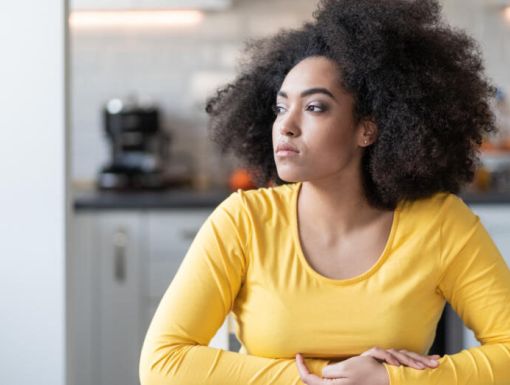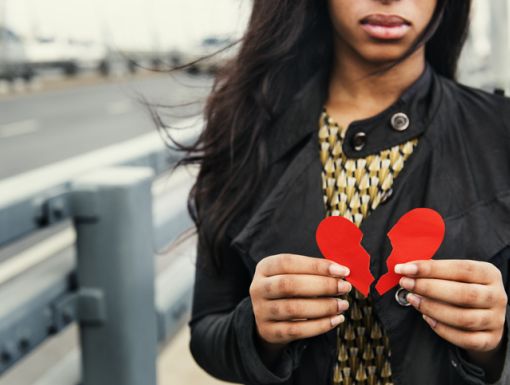
The Definition of Depression
The American Psychiatric Association defines depression as a “a common and serious medical illness that negatively affects how you feel, the way you think and how you act.” Depression affects an estimated 1 in 15 adults in any given year. One in 6 people will experience depression at some time in their life, according to the association.
Depression typically manifests itself during the late teens to mid-20s, but it can occur at any time.
In Louisiana, the rates for depression for adults in 2021 was 23.5%.
Who is affected by depression?
Adults who have a higher prevalence of depression include:
- Women
- Hispanic, white and Black people, compared with Asian people
- Those with lower incomes
The Difference Between Grief and Depression
It’s normal to feel bummed out now and then. The death of a loved one, losing a job or ending a relationship may trigger feelings of sadness or grief, but may not plunge a person into what is considered depression.
When the New Orleans Saints recently missed the NFL playoffs due to an unlikely development that was out of the team’s control, sports pundits and social media posters described a depressed local fan base. However, within a few days, even some of the most ardent Saints supporters had moved on from the sad feelings of loss. Many set their eyes on the promise that next season brings.
Clinical depression is very different. The pain is deeper, more intense. It rarely lessens over time and can be so overwhelming that it interferes with daily living. The symptoms, which are often severe, include:
- Feeling sad or having a depressed mood
- Loss of interest or pleasure in activities once enjoyed
- Changes in appetite — weight loss or gain unrelated to dieting
- Trouble sleeping or sleeping too much
- Loss of energy or increased fatigue
- Increase in purposeless physical activity, the inability to sit still, pacing, slowed movements or speech
- Feeling worthless or guilty
- Difficulty thinking, concentrating or making decisions
- Feeling hopeless
- Thoughts of death or suicide
For a diagnosis of depression, symptoms must last at least two weeks and must differ from your normal demeanor. It is also important for doctors to rule out other medical conditions, such as thyroid problems or a vitamin deficiency, before arriving at a depression diagnosis.
It is true that sadness, grief and depression share some of the same features. But the psychiatric association lists the following important ways in which they are different:
- In grief, painful feelings come in waves, often intermixed with positive memories of the deceased. In major depression, mood and/or interest (pleasure) are decreased for most of two weeks.
- In grief, self-esteem is usually maintained. In major depression, feelings of worthlessness and self-loathing are common.
- In grief, thoughts of death may surface when thinking of or fantasizing about “joining” the deceased loved one. In major depression, thoughts are focused on ending one’s life due to feeling worthless or undeserving of living or being unable to cope with the pain of depression.
Causes and Treatment
According to the Centers for Disease Control, the exact cause of depression is unknown. Some researchers believe a combination of genetic, biological, environmental, and psychological factors may be to blame.
Everyone is different‚ but the CDC says the following factors may increase a person’s chances of becoming depressed:
- Having blood relatives who have had depression
- Experiencing traumatic or stressful events, such as physical or sexual abuse, the death of a loved one, or financial problems
- Going through a major life change‚ even if it was planned
- Having a medical problem, such as cancer, stroke, or chronic pain
- Taking certain medications. Talk to your doctor if you have questions about whether your medications might be making you feel depressed
- Using alcohol or drugs
If you are experiencing symptoms of depression, it’s important to speak with your doctor or seek help from a mental health expert. Clinical depression is serious, but treatable. Treatment typically includes the combination of antidepressant medications and psychotherapy, in which your emotional state is discussed with a mental health professional.
Antidepressants work well for some people and are safe, but it can take several tries to find the best medication and the right dose for you. Some people start to feel better a few days after starting the medication‚ but it can take up to 4 weeks to feel the most benefit. These medications can cause side effects, and it’s important to discuss any you may have with your doctor.
Many professionals recommend a one-two punch of antidepressants and psychotherapy to overcome depression. Psychotherapy helps you learn how to take control of your life and respond to challenging situations with healthy coping skills. Additionally, seek out community based social support and physical activity.
Call to action: Schedule and in-person or virtual visit with a behavioral health specialist



